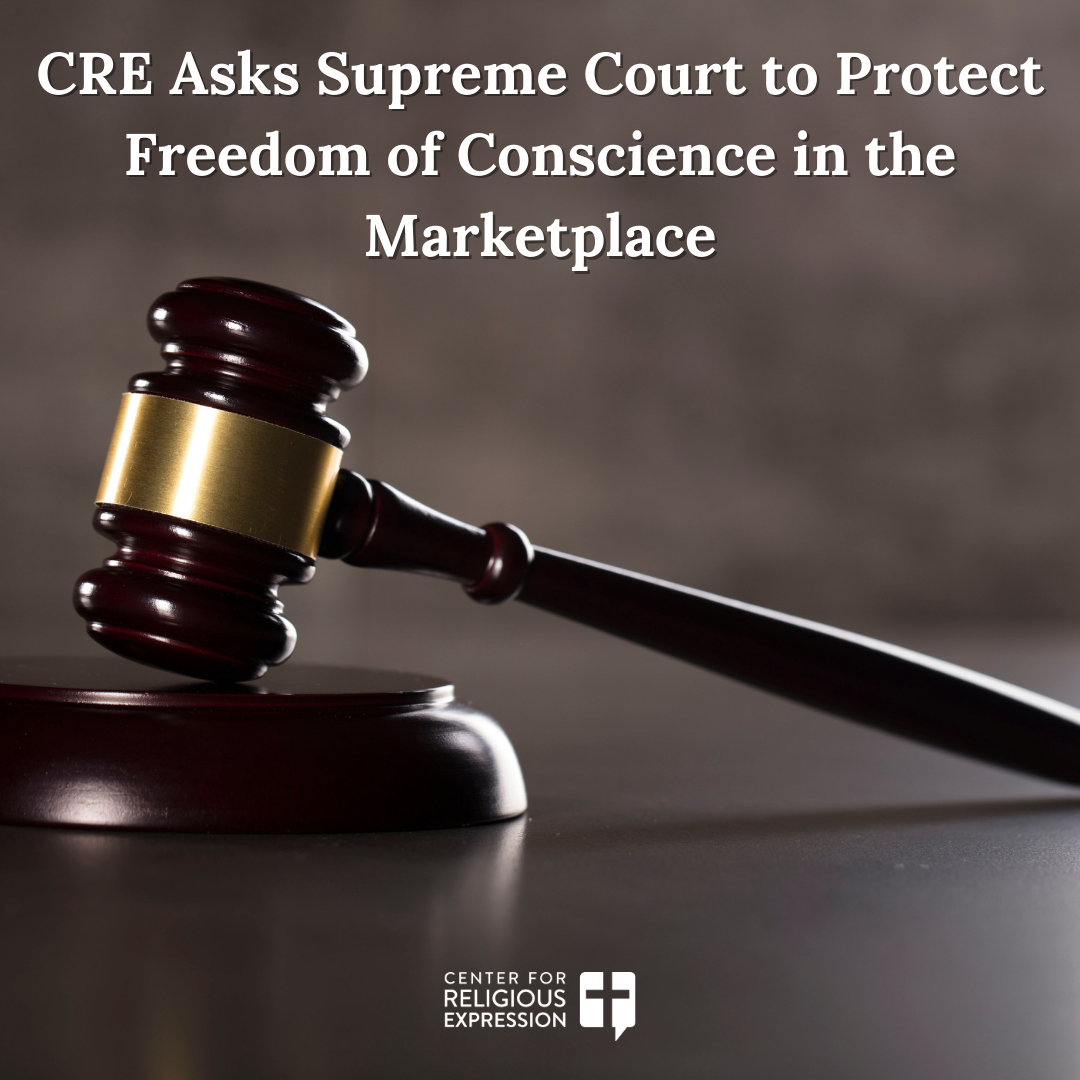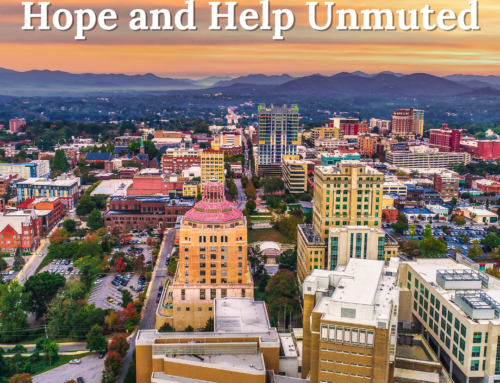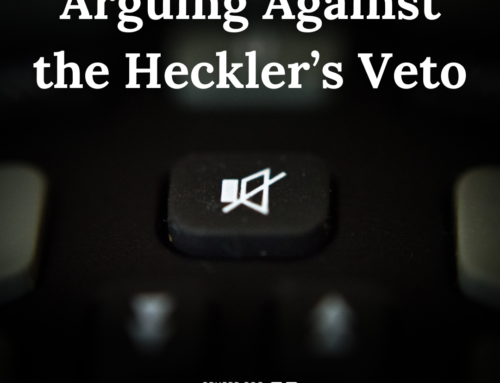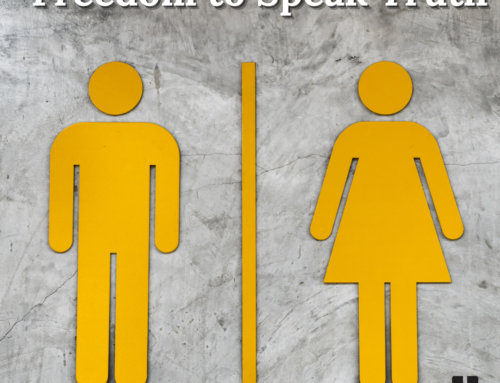Washington, D.C — October 15, 2019. The Center for Religious Expression (CRE) filed an amicus brief today, asking the United States Supreme Court to consider the plight of floral artist Barronelle Stutzman who is facing punishment for declining to use her artistic talents to promote a same-sex wedding.
Stutzman runs a floral design business in Washington State, where she arranges flowers in a way that sends a message promoting the event they are designed for. She gladly serves all people, regardless of their status or identity. In fact, she served the claimant in the case, Rob Ingersoll, for nine years, knowing he was in a romantic relationship with another man. However, when Ingersoll asked Stutzman to arrange flowers for his same-sex wedding, Stutzman politely declined due to her religious beliefs about same-sex unions. She could not participate in that event as a matter of conscience. But when the ACLU contacted him, Ingersoll decided to file a discrimination complaint against Stutzman, and the State of Washington soon came after her, threatening to destroy her business, seize her home, and take away her retirement savings.
If this sounds familiar, it’s because the State of Colorado did the same thing to cake artist Jack Phillips in the Masterpiece Cakeshop case. Though in that case the Supreme Court recognized the significant free speech issues at hand, it ultimately could not get past the extreme hostility exhibited by the Colorado Civil Rights Commission toward Phillips’ religious beliefs. Because the hostility clearly violated Phillips religious rights, the Court declined to consider the free speech and conscience issues at that time.
Without a definite ruling in Masterpiece Cakeshop, the free speech and free conscience rights of creative professionals have remained at risk, with various state and federal courts ruling on the matter in contradictory ways. As CRE’s amicus brief points out, some courts view the activity of creative professionals as mere business activity not subject to First Amendment protection, while others have protected creative professionals from being compelled to use their talents to promote a message they cannot, in good conscience, support. The contrary rulings have resulted in legal chaos, creating a conflict that the Supreme Court must step in and resolve.
CRE is asking the Supreme Court to rule on whether anti-discrimination laws can be used to force creative professionals of all stripes to promote messages contrary to their beliefs.
Center for Religious Expression is a servant-oriented, non-profit 501(c)(3) Christian legal organization dedicated to the glory of God and the religious freedom of His people. For more information, visit http://www.crelaw.org.






